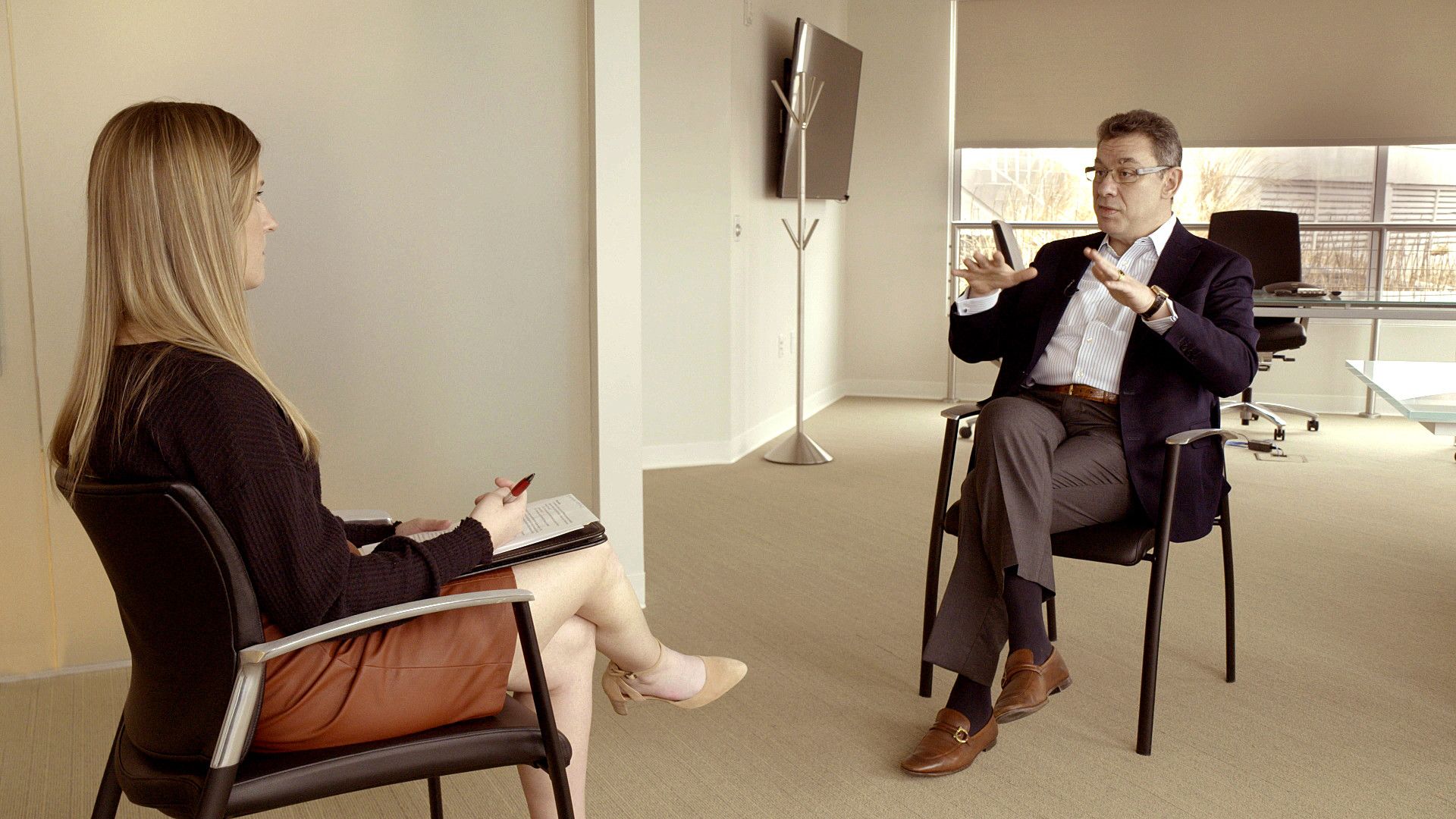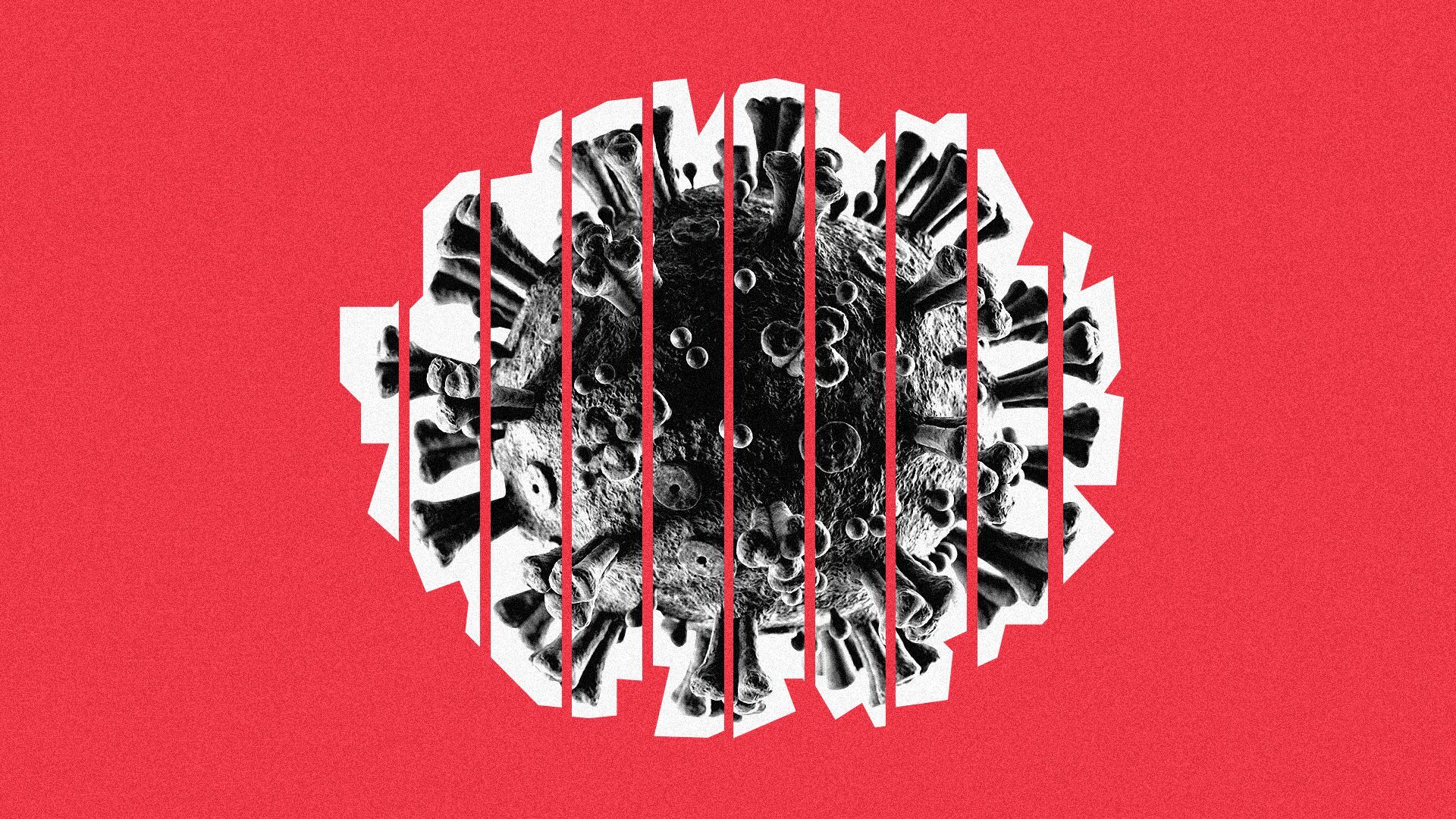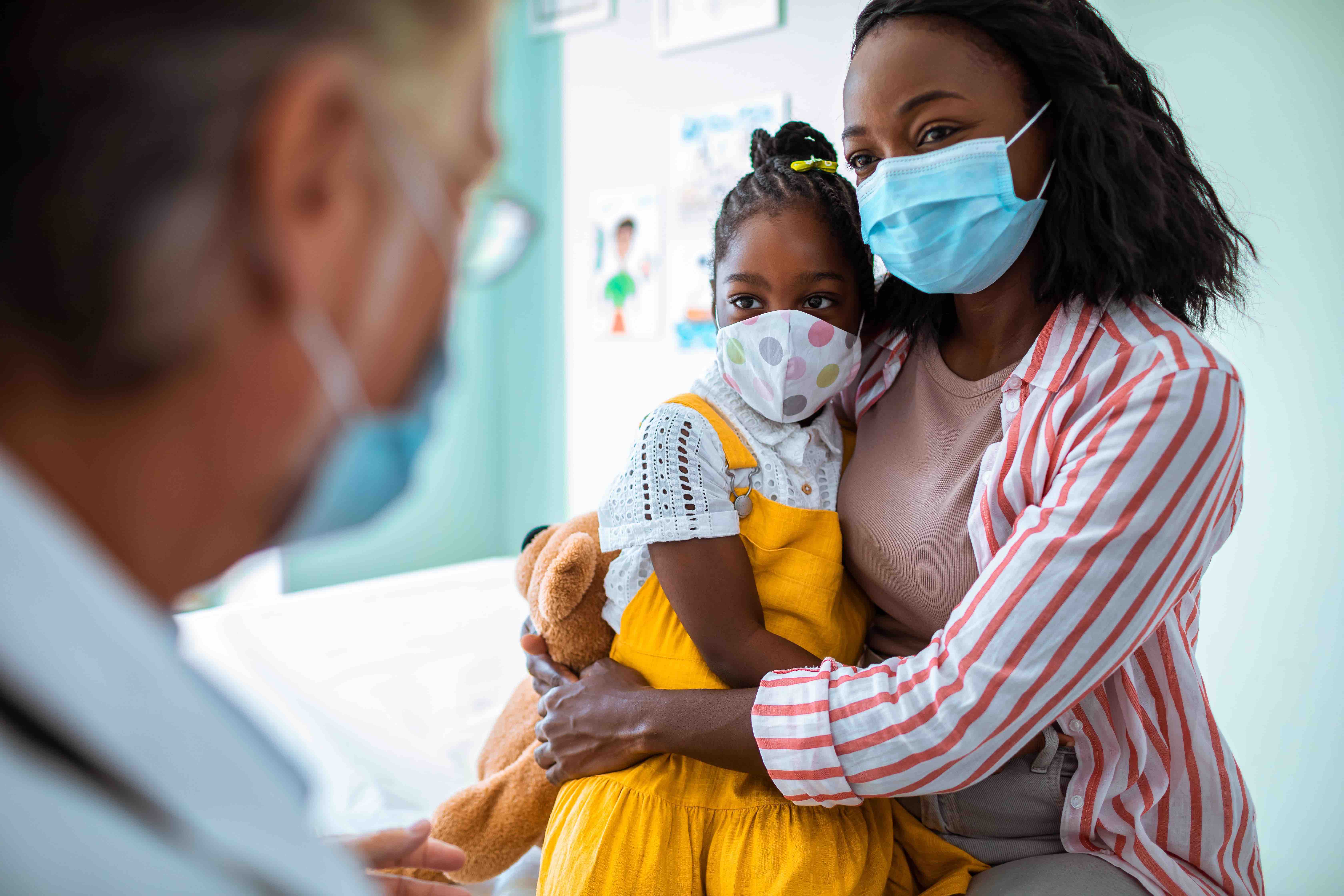| | | | | | | Presented By PhRMA | | | | Vitals | | By Caitlin Owens ·Mar 08, 2021 | | Good morning. Today's word count is 972, or a 4-minute read. | | | | | | 1 big thing: Why its so hard to sign up for vaccinations online |  | | | Illustration: Aïda Amer/Axios | | | | The verdict from Americans trying to get the COVID vaccine is in: the sign-up websites are awful, Axios' Margaret Harding McGill and Kim Hart report. Why it matters: Appointment systems are a vital part of getting Americans vaccinated, but a series of missed opportunities, at every level, left local governments scrambling. And the frustrating, confusing process now carries the risk that some people will simply give up. What's happening: During the Trump administration, the federal government focused on vaccine production, but left it to the states to figure out how to actually get shots in arms. - Local governments — dealing with significant budget and staff shortages — generally lack digital teams that can quickly stand up technology infrastructure.
- Tech-savvy public interest groups have offered assistance, but the services they can provide — and the government's willingness to accept them — has been limited.
- Government IT procurement processes failed to anticipate the needs for vaccine distribution or effectively vet vendors, leaving a fractured system.
Early on in the pandemic, it was clear that vaccines would eventually arrive and that technology infrastructure would be needed for mass distribution. - But local jurisdictions were preoccupied with contact tracing and securing personal protective equipment — two other areas where tech solutions fell short.
What to watch: The U.S. Digital Service, which works to modernize how the government delivers services, is already assisting states and plans to offer help to more states in collaboration with other federal agencies, an administration official told Axios. - USDS helped HHS and the CDC launch vaccinefinder.org to aid in finding locations where the vaccine is being administered, the official said.
- Third parties have also tried to step into the void.
Reality check: County health departments are often responsible for distributing vaccines — but their budgets have been gutted during the pandemic. Go deeper. |     | | | | | | 2. Pfizer CEO talks vaccine prices |  | | | Pfizer CEO Albert Bourla. Photo: "Axios on HBO" | | | | Pfizer CEO Albert Bourla told "Axios on HBO" that it "will be terrible for society" if the price of coronavirus vaccines ever prohibits some people from taking them. Why it matters: Widespread uptake of the vaccine — which might require annual booster shots — will reduce the risk of the virus continuing to spread and mutate, but it's unclear who will pay for future shots or how much they'll cost. The big picture: Pfizer is using a tiered pricing structure for its COVID vaccine, with higher-income companies paying more for each shot. - The U.S. government is purchasing the vaccine directly from the company at $19.50 per dose. Americans then receive their shots for free.
- Bourla said this is a pandemic price, not necessarily a long-term one.
- "We will see if we go to the open market, maybe [then] we see vaccine prices much more closer to the current vaccines that exist for flu or for other diseases with these high-end technologies," he said.
Yes, but: Bourla also said people will likely have to get regular coronavirus vaccine boosters, perhaps annually, for at least the next decade. - "It will be terrible for society if price becomes an obstacle. I think we should never have a situation like that, particularly for a vaccine," he said.
Go deeper: Pfizer CEO feels "liberated" after taking COVID vaccine |     | | | | | | 3. A worrying decline in COVID testing |  Data: The COVID Tracking Project; Chart: Axios Visuals Daily COVID-19 tests in the U.S. have declined by more than a quarter since mid-January, Axios' Bryan Walsh reports. Why it matters: Even with cases and deaths falling dramatically in recent weeks, the pandemic is far from finished, and less demand for testing could put us a step behind the spread. By the numbers: A little over 1.5 million Americans received a COVID-19 test on March 4, according to data from the soon-to-close COVID-19 Tracking Project. - That represents a 26% decline from the peak of 2 million a day, and the average number of daily tests has fallen by more than 33% compared to January.
- In states like Michigan, testing rates have fallen by half, while disruptions caused by severe winter storms depressed numbers in Texas, Louisiana and Mississippi.
Be smart: The rise of vaccinations and a decline in new cases from the post-holiday peak have likely led many Americans to forego testing, but case numbers are still plateauing at more than 60,000 a day, even as some states have begun to end restrictions. - That's a dangerous combination that could permit the coronavirus to continue spreading silently, especially in under-vaccinated populations.
- And it's not helped by continual delays in authorizing the kind of cheap, rapid, at-home tests that could allow for easy and continuous surveillance.
|     | | | | | | A message from PhRMA | | We are committed to being a part of the solution | | |  | | | | America's biopharmaceutical companies are committed to ending the pandemic by: - Continuing to develop treatments and vaccines to combat COVID-19,
- Working closely with governments, insurers and others to make sure vaccines and treatments are accessible and affordable.
| | | | | | 4. Employers are administering vaccines | | Some large employers are receiving permission from public health officials to vaccinate their employees at work, the Wall Street Journal reports. Why it matters: This could remove barriers to getting the vaccine for some workers in high-risk industries. But it also increases the competition for shots while they're still scarce. Details: Pharmaceutical companies, meatpackers and airlines are among the employers that have received the go-ahead to administer vaccines. - These employer-run vaccination sites rely on state and local public health authorities to allocate them doses, and employers usually have to register with public-health programs.
Between the lines: Workplace vaccination could help target shots to the most at-risk workers. It also gets rid of transit and time-off issues for employees. - But not all companies will apply for doses, or receive permission to administer them, setting up potential inequities.
What they're saying: "Employers have found this is the best way to get your population back to work as safely as possible," Tobias Barker, chief medical officer at Everside Health — which helps employers with vaccination events and record-keeping — told WSJ. |     | | | | | | 5. Catch up quick |  | | | Illustration: Aïda Amer/Axios | | | | Addressing homelessness has taken on new urgency in cities across the country over the past year, as officials grapple with a growing unhoused population and the need to preserve public safety during the coronavirus pandemic, Axios Local reports. Vaccine passports could become available soon to help people resume their lives — but they face numerous scientific, social and political barriers to being accepted, Bryan reports. The World Health Organization said this week that variants of the coronavirus are provoking another uptick in infections across Europe. Nine great apes from the San Diego Zoo have received an experimental coronavirus vaccine, not designed for human use, National Geographic first reported. The Dalai Lama received his first dose of coronavirus vaccine on Saturday in a hospital in northern India, AP reports. |     | | | | | | A message from PhRMA | | We are committed to being a part of the solution | | |  | | | | As we usher in a new Congress and new administration, we can all agree that people need quality, affordable health coverage that works when they need it. - We are focused on solutions that help patients better afford their medicines and protect access to innovation today and in the future.
| | | | | | Axios thanks our partners for supporting our newsletters.
Sponsorship has no influence on editorial content. Axios, 3100 Clarendon Blvd, Suite 1300, Arlington VA 22201 | | | You received this email because you signed up for newsletters from Axios.
Change your preferences or unsubscribe here. | | | Was this email forwarded to you?
Sign up now to get Axios in your inbox. | | | | Follow Axios on social media:    | | | | | |







No comments:
Post a Comment